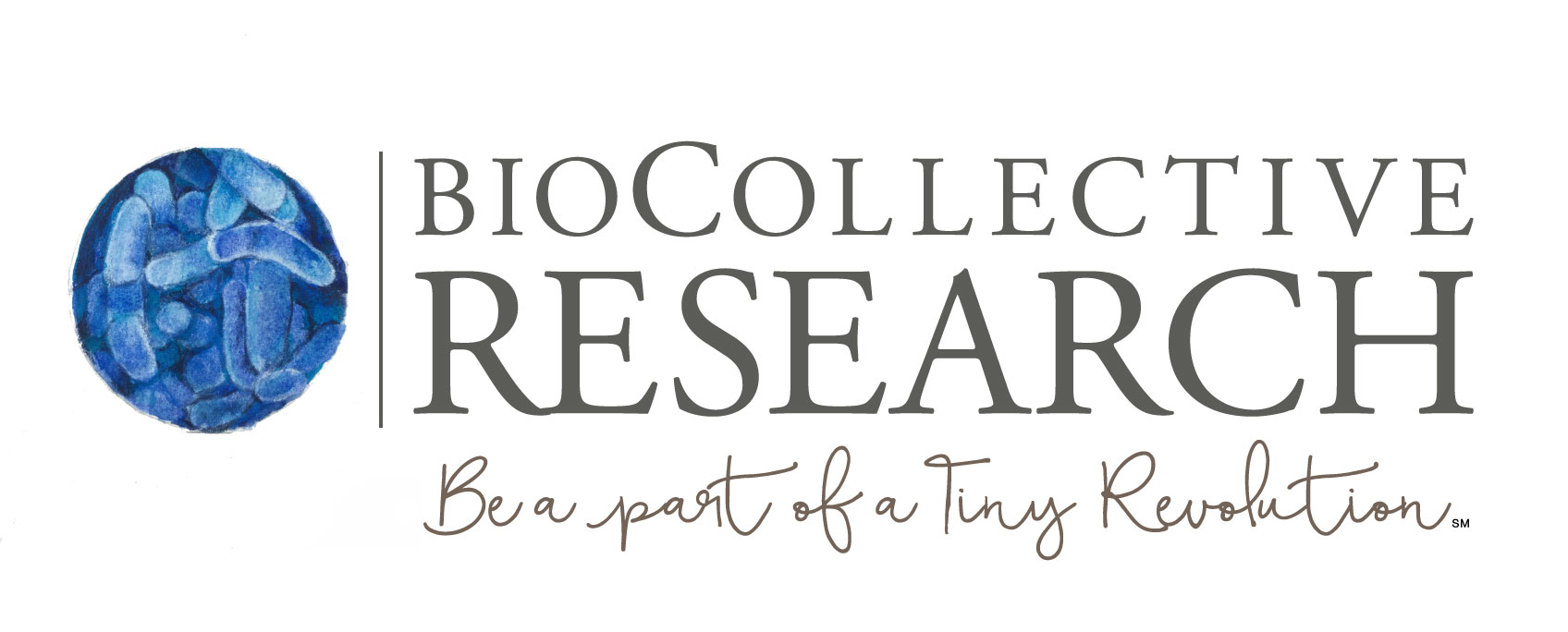Welcome to BioCollective Research
Collectively defining the impact of the microbiome on health
The microbiome may not yet be a household word, but it’s one of the fastest growing disciplines in science; and it may hold the unlocking any number of degenerative diseases including Parkinson’s, Alzheimer’s and Multiple Sclerosis.
BioCollective Research is a Colorado-based 501(c)(3) nonprofit corporation that seeks to understand the role of the human microbiota on health and disease. We do this by engaging people from all walks of life in microbiome research that aims to get at the root cause of disease. Our mission is to create an open source data bank that matches a wide range of human experience of health, disease and recovery with comprehensive data on bacteria, viruses, fungi and metabolites.
Background
For most of medical history, interest in the microbiome was mostly about using antibiotics to attack pathogens regarded as toxic. The vast majority of microbes were regarded as well-behaved if uninvited house guests whose effect was neutral.
However with advances in DNA sequencing and other techniques, researchers began to find clues that human health was closely tied to the composition of our microbiome. Interest in the discipline surged with the 2008 creation of the Human Microbiome Project spearheaded by the U.S. National Institutes of Health.
Everyone’s microbiome is a supportive ecosystem that can be damaged by the environment, diet, medication, surgery, lifestyle or disease. Globally, the human microbiome is under siege. While antibiotic resistance is the best known of the problems, there are other threats as well.
Microbiome research is like biological archeology. It’s about understanding the human microbiome and its collective genes and functions. Through this, we learn more about its role in health and disease.
